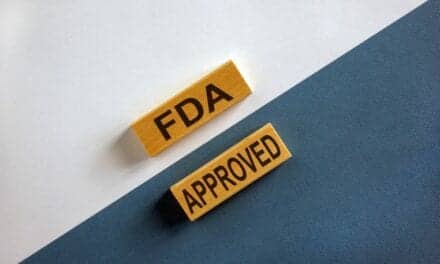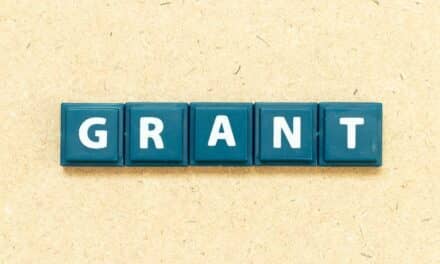A clinical trial of 125 young adults suggests that those who limited screen time for 48 hours immediately after suffering a concussion had a significantly shorter duration of symptoms than those who were permitted screen time.
These findings, published in JAMA Pediatrics, offers clinical evidence that restricting time spent at a computer, television or phone screen in the acute period following a concussion can reduce the duration of symptoms. The study supports preliminary clinical recommendations to limit screen time, a media release from University of Massachusetts Medical School notes.
No Clear Guidelines
The U.S. Centers for Disease Control and the International Concussion in Sports Group recommend a period of complete cognitive and physical rest for 24 to 48 hours following a concussion diagnosis. Yet, there are no clear guidelines regarding what constitutes cognitive rest during this period.
“It’s one thing parents and children always ask in the emergency department. Is screen time allowed?”
— lead author Theodore E. Macnow, MD, assistant professor of pediatrics
The average American teen spends as much as seven hours a day in front of a screen, not including time spent doing schoolwork, and many clinicians caution against screen time following a concussion, said Dr. Macnow. Other clinicians, however, believe limited screen time, so long as it doesn’t induce symptoms, is permittable as one of the few forms of safe distraction during this time.
“We’re still learning how to treat concussions, and there are no clear recommendations regarding screen time,” Macnow adds. “Nobody has yet looked at this question in a rigorous way. We wanted to get a better handle on this question, so we conducted a randomized clinical trial.”
Screen Time or Not?
From June of 2018 to February of 2020, Macnow and colleagues assessed 125 patients age 12 to 25 who presented with a concussion to the Emergency Department at UMass Memorial Medical Center, the clinical partner of UMass Chan Medical School in Worcester. Patients were assessed and randomly placed in one of two cohorts. The first cohort was instructed to abstain from any electronic screens for 48 hours, while the second group was allowed any form of screen so long as it didn’t induce symptoms. Both groups were advised to avoid work and schoolwork for the first 48 hours.
Patients completed a Post-Concussion Symptom Scale (PCSS) at the time of diagnosis and every day for the 10-day study. The PCSS is a 22-symptom scale, which grades each symptom from 0 (not present) to 6 (severe) and reliably detects change over time in concussed patients. In the absence of a head injury, a baseline score of less than 3 on the PCSS survey is considered normal. Additionally, patients completed a screen time survey on days 1 to 3 and an activity survey from days 4 to 10.
Recovery Time Differences
An analysis of the data showed that the group permitted screen time during the initial 48 hours after a concussion experienced a significantly longer time to recover, measured by a PCSS score of less than three. On average, this group experienced a median time of 8 days until symptom resolution compared to 3.5 days for the group that abstained from screen time. During this time, the cohort permitted screen time logged a median of 630 minutes over the 48-hour period while the cohort abstaining from screen time logged a median of 130 minutes.
“These findings support the conclusion that brief screen time abstinence following a concussion is associated with a faster recovery. Given this data, preliminary clinical recommendations should be to limit screen time. It’s not clear why screen time exacerbated concussion symptoms, but there are a lot of reasons to suspect it’s not good.” Macnow comments.
It’s possible that electronic photons, which are known to trigger migraines, could play a role. Or that screen use may detract from sleep and resumption of normal activities, both of which are felt to be beneficial to concussion recovery.
“These findings suggest that a larger, more diverse, multicenter study is warranted to see if the results are consistent. “What’s more, we only looked at the first 48 hours after diagnosis. It would be worthwhile to see if abstaining from screen time longer had more of an impact or if specific screen time activities — video games vs. television — have a more pronounced effect on recovery time,” Macnow concludes.
[Source(s): University of Massachusetts Medical School, Science Daily]
Related Content:
Concussion Recovery Time May Take Longer for Children, Adolescents
Athlete Concussion: Orchestrating the Safe and Successful Return to Play
Longer Sports Experience Means Better Head Protection, Study Notes





